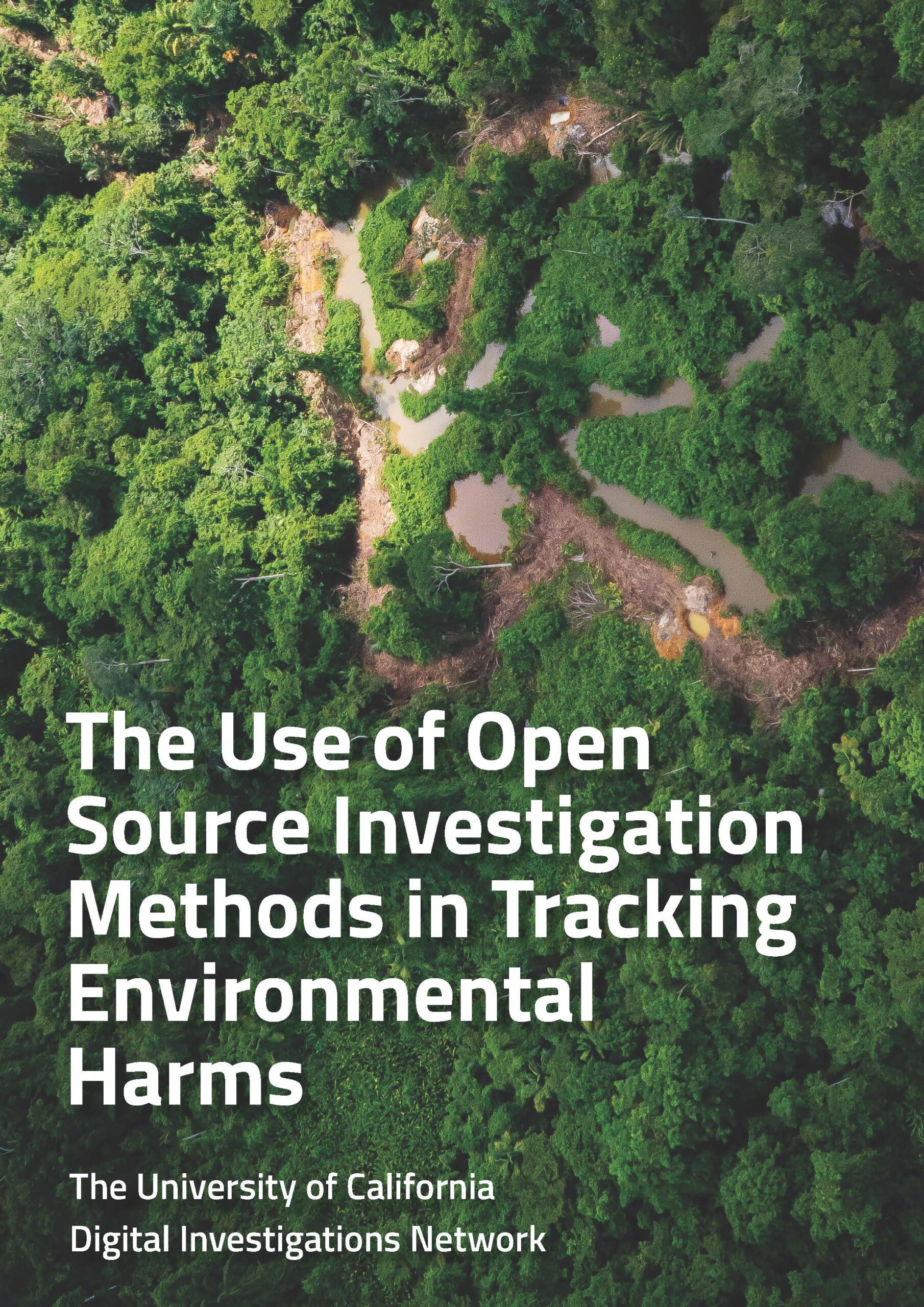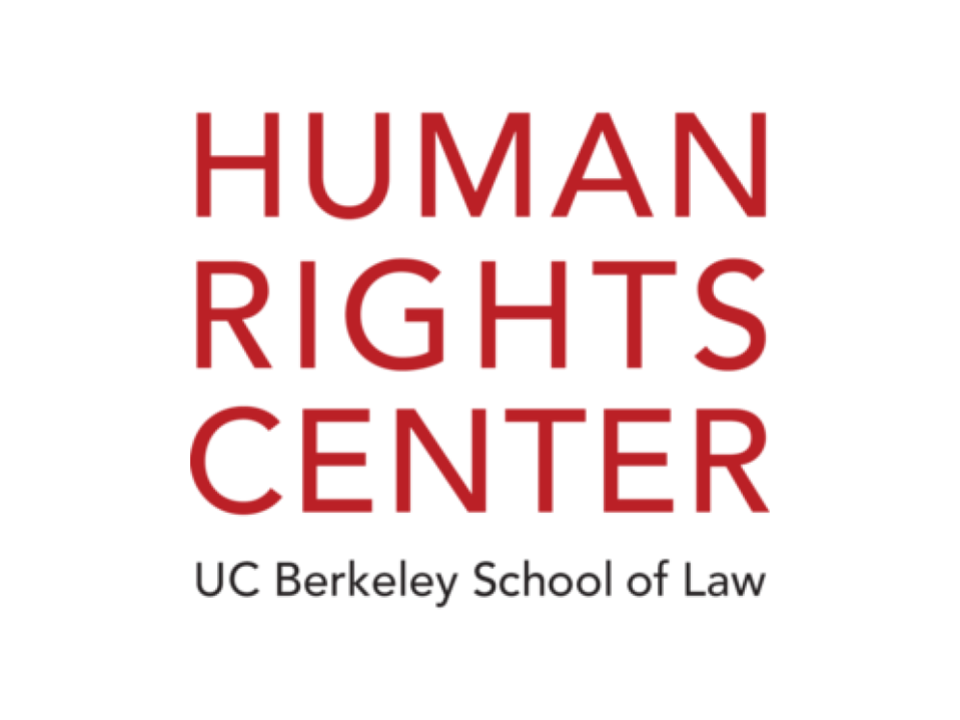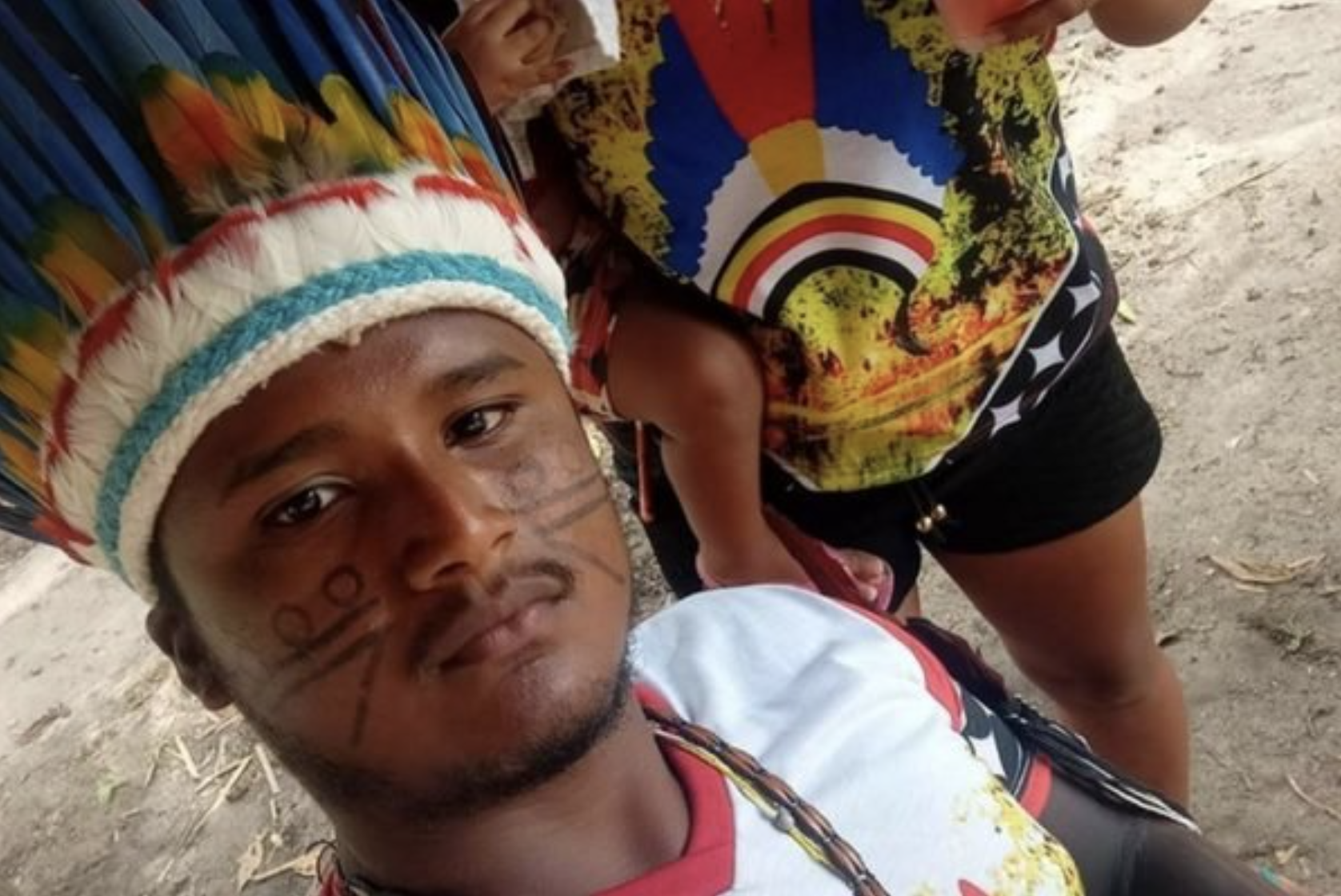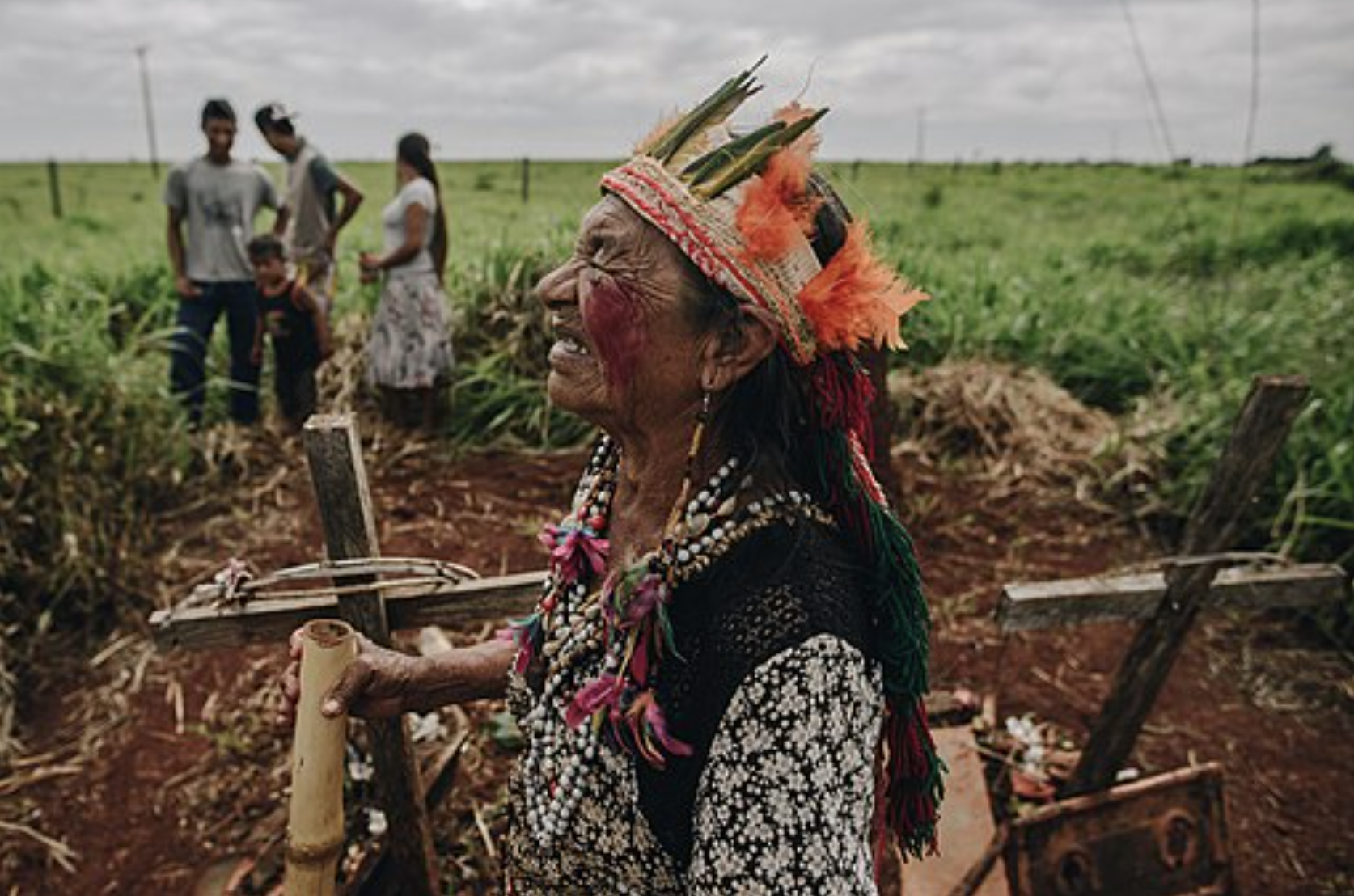Student Investigations Lab Project

June 24, 2024
The Use of Open Source Investigation Methods in Tracking Environmental Harms
Indigenous People in Brazil have been the target of violence from state actors, extractive industries, and profiteering individuals for generations. In the Brazilian Amazon, the lives and livelihoods of Indigenous communities are deeply impacted by logging, agribusiness, oil and gas, mineral mining, hydropower, commercial real estate development, and cattle ranching. These industries sometimes pollute waterways and air, force people and children into labor, evict Indigenous Peoples from their ancestral lands, and cause physical harm and death. Such abuses have sparked violent land disputes between profiteers seeking to extract resources from protected areas, and communities protecting their ancestral lands.
Today, Indigenous groups in Brazil are engaged in the latest chapter of a centuries-long struggle to protect their ancestral lands from exploitation and abuse. In partnership with Cultural Survival and the University of California Digital Investigations Network — comprised of the Human Rights Center Investigations Lab and our co-labs at UCLA Law and the the Dolores Huerta Research Center for the Americas at UC Santa Cruz — our students documented the killing of 13 Indigenous leaders in Brazil who were targeted for protecting their sacred lands from extractive industries and others. Students connected land defenders with their historic territories, documented their legacies of activism, and identified regions of future concern for possible threats and targeting of Indigenous land defenders.
Partners




Explore the Storymap
Team Acknowledgements
Investigative Leads: Vyoma Raman, Zaidie Long
Staff Advisor: Sofia Kooner
Student Contributors: Ana Linares Montoya, Rosie Foulds, Crystal Choi, and Maddi Wong
News

December 22, 2023
Scars on the Land: Honoring the Lives and Investigating the Deaths of Indigenous Land Defenders
Deforestation in the state of Rondônia in western Brazil. August 2, 2010. Image by NASA. Investigations Lab Reflections — #Verified by the Human Rights

